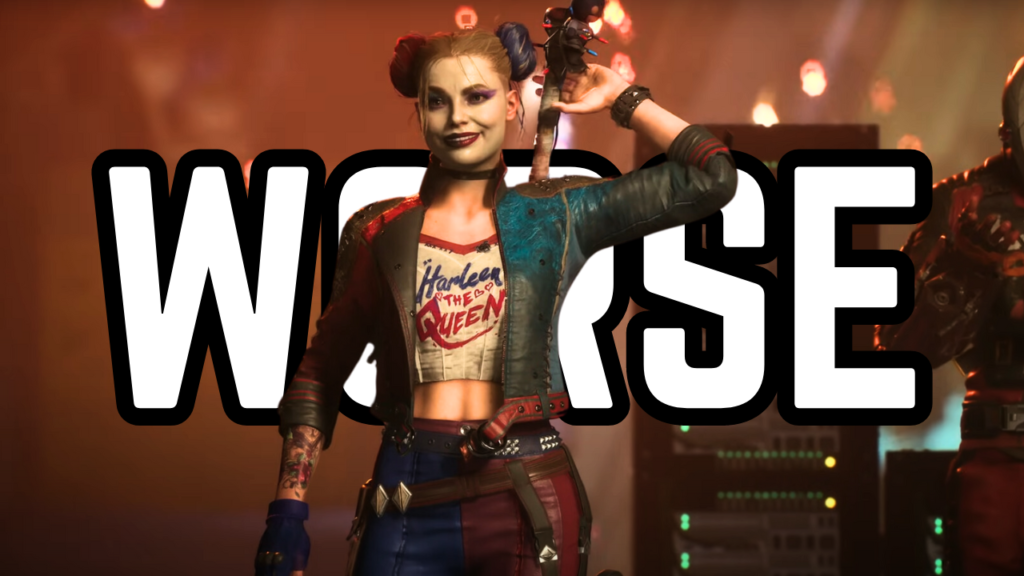The last several years have been a rocky time for the gaming world. Many users have been feeling a sense of dissatisfaction with the AAA games that they have been playing. Top-notch titles once known for their expertise in building completely attractive virtual universes, stunning graphics, and incredibly challenging and interesting gameplay are currently slowing down. Here are some of the reasons why many believe AAA games are getting worse:
1. Focus on Profit Over Quality
Gaming is a business. However, the drive for profit has been increasing over time, contributing to why AAA games are getting worse. Large game studios and publishers, often driven by shareholder expectations, opt for revenue over developing innovative and high-quality games. This leads to the following issues:
- Microtransactions: Predominantly in AAA games, this has become a major issue. Microtransactions, which involve optional purchases for in-game items that enhance aesthetics or options, can feel exploitative, particularly in full-priced games.
- Season Passes and DLCs: Instead of offering complete games at launch, developers often release partial games with the intention of selling additional content later. While extra content can be enjoyable, DLCs loaded with key items can diminish the overall game experience.
- Rushed Releases: To meet profit targets, game production companies sometimes rush releases, resulting in games that are not fully developed, leading to bugs, glitches, and missing features.
2. Lack of Innovation
Many game publishers rely on established titles to ensure sales, leading to a lack of innovation, which is a core reason why AAA games are getting worse. This results in:
- Sequelitis(Repetition in Sequels): The tendency to produce numerous sequels and remakes of popular series instead of creating new stories and characters. While familiar faces and worlds can be nostalgic, an overreliance on sequels can stifle creativity. The downturn in gaming is often ascribed to a dearth of fresh concepts.
- Homogenization: Many games become similar, leading to a lack of diversity and innovation in gameplay and storytelling. This homogenization is another reason why Triple A games are getting worse.
3. Crunch Culture
The “crunch” period in game development, where developers work excessively long hours to meet deadlines, has several negative consequences that are mentioned below:
- Occupational Burnout: Extended crunch periods can lead to developer burnout, reducing the quality of the game. Overworked teams are more likely to make mistakes and overlook important details.
- Employee Turnover: High turnover rates due to burnout can lead to inconsistent quality in game development.
4. Technical Issues and Patches
The increasing complexity of game development has led to more frequent technical issues at launch, contributing on worsing the gaming experience. Post-release patches can fix these problems, but they frustrate players who bought the game early. Common issues include:
- Day-One Patches: These are now standard, indicating that games are often not ready at launch. This also creates a negative impact on the gaming industry.
- Unstable Releases: “Cyberpunk 2077” is a notable example, where a poorly optimized game at launch damaged the game’s reputation and player trust.
5. Disconnect with Player Base
AAA developers sometimes appear out of touch with their players, further explaining why AAA games are getting worse:
- Monetization Models: Heavy-handed monetization can make players feel exploited. This feeling of exploitation is why AAA games are getting worse.
- Ignoring Feedback: When developers ignore or dismiss player feedback, it leads to frustration and a sense of betrayal among the player base.
6. Indie Games Raising the Bar
While AAA games may be stagnating, the indie game scene is flourishing. Independent developers, free from corporate constraints, often produce innovative and heartfelt games.
Conclusion
While AAA games still have the potential to deliver incredible experiences, the industry’s current trajectory raises concerns. The emphasis on profit over quality, lack of innovation, crunch culture, technical issues, and disconnect with players contribute to why AAA games are getting worse. To reverse this trend, major studios need to focus on fostering creativity and delivering high-quality products that meet player expectations. Only then can they regain the trust and satisfaction of the gaming community.
External Links

